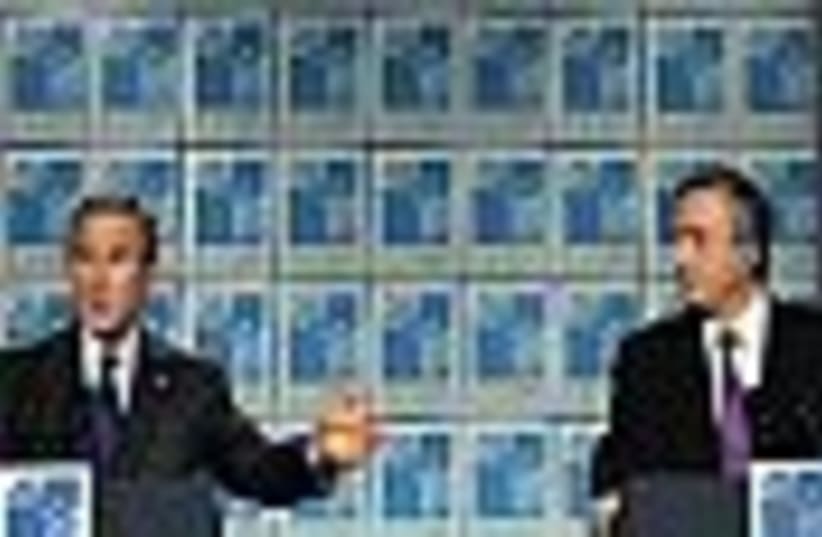| More about: | Americas, George W. Bush, Latin America, Stephen Hadley |
No agreement on free trade proposal at Americas Summit
Thousands of protesters led by Venezuelan President fought successful battle against reviving high-level talks.


| More about: | Americas, George W. Bush, Latin America, Stephen Hadley |